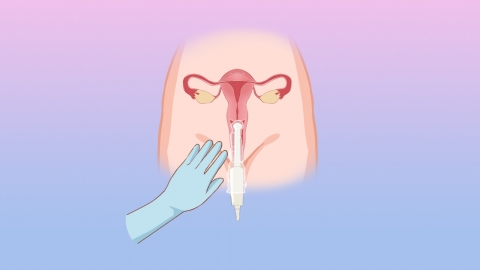What are the three major symptoms of pelvic peritonitis?
Generally speaking, there is no recognized triad of symptoms for pelvic peritonitis. Pelvic peritonitis may present with symptoms such as abdominal pain, fever, increased vaginal discharge, menstrual irregularities, nausea, and vomiting. The specific symptoms are analyzed as follows:

1. Lower Abdominal Pain
Pelvic peritonitis often develops from pelvic inflammatory disease. Inflammation can stimulate nerve endings in the pelvic cavity, potentially causing persistent lower abdominal pain of varying intensity. The pain may worsen with physical activity or sexual intercourse.
2. Fever
Inflammatory responses in the body activate the immune system, leading to the release of endogenous pyrogens by immune cells such as white blood cells. These substances act on the body's temperature-regulating center, potentially causing an elevation in body temperature, typically presenting as low-grade or moderate fever.
3. Increased Vaginal Discharge
Inflammation stimulates mucosal cells of the reproductive organs to increase secretion. Inflammatory cells, pathogens, and their metabolic byproducts may mix into the vaginal discharge, causing an increase in secretions from the vagina and cervix. The characteristics of the discharge may change, becoming purulent and malodorous.
4. Menstrual Irregularities
Inflammation within the pelvic cavity may affect ovarian function and disrupt normal endocrine regulation. The growth and shedding of the endometrium may be impacted, potentially leading to changes in menstrual flow (either increased or decreased). Menstrual cycles may also become irregular, with symptoms such as early or delayed menstruation or amenorrhea.
5. Nausea and Vomiting
In severe cases of pelvic peritonitis, inflammation may irritate the peritoneum, causing reflexive gastrointestinal reactions. The nerves of the peritoneum are connected to those of the gastrointestinal tract, and inflammatory stimulation transmitted through nerve pathways may cause gastrointestinal motility disorders, potentially leading to symptoms such as nausea and vomiting.
Maintaining good personal hygiene is important. Keep the vulva clean by washing daily with warm water, change underwear regularly, and avoid unhygienic sexual practices to reduce the chance of pathogen invasion.





